Contemplative Psychotherapy
Contemplative Psychotherapy integrates traditional, Western psychotherapy with Buddhist and yoga psychologies, Indo-Tibetan Mindfulness and Compassion-based theories and practices, including meditation and attention to the physical body, and neuroscience. Erica's approach is collaborative and comprehensive. She believes in meeting a person where they are and creating a unique treatment approach to help individuals reach their goals of healing and self-development. Erica brings a non-judgmental, respectful attitude to healing.
areas of focus:
Self-empowerment
Restoring healthy boundaries
Increasing self-compassion and self-love
Decreasing the self-critical internal voice
Resolving core shame
Transforming adversity into meaningful experience
Re-writing traumatic narratives
Coping with chronic pain
Clarifying values and vision
Identifying and overcoming mental and emotional blockages
Living authentically
Cultivating connection to self and others
Learning to sit with strong emotions with ease, equanimity, and spaciousness
Psychiatric Medication Management
Medication management includes prescribing and monitoring psychotropic medications for the purposes of treating a psychiatric disorder and assisting in the process of healing mental and emotional health. Depending on the particular case, the use of such medications may be recommended. Erica always works collaboratively with patients and will discuss any concerns you have about taking medications. She will make every effort to use a simple regimen with the lowest risks of side effects for the shortest duration possible.
If it is determined that medication will be part of the treatment plan, you will be informed of the nature of the treatment (including the dose, frequency, expected benefits, the most common possible side effects, and possible drug interactions if relevant). You will also be advised of alternative treatments and approximate length of treatment. In some cases, medications are most beneficial on a long-term basis, and in other other cases, short-term use of medications is sufficient. Medications can sometimes be useful in providing faster relief of distressing symptoms, but can be safely discontinued once a person has gained relevant insights and established healthy coping skills, which can be done through co-occurring psychotherapy. Any prescribed medications will be believed to help, however there is no guarantee as to the results that may occur.
areas of focus:
Depression
Anxiety
Post-Traumatic Stress Disorder
Panic Disorder
Attention Deficit Hyperactivity Disorder
Bipolar Disorder
Obsessive-Compulsive Disorder
Sleep Issues
Premenstrual Dysphoric Disorder
Seasonal Affective Disorder
Fees & Policies
Payment & Insurance
Fees will vary depending on the type of service provided and will be discussed during or prior to an initial consultation. Session length can vary from 30 to 75 minutes depending on the type of service provided.
Adhara Insight is now in-network with a few insurance companies - please inquire for details. You may be eligible for reimbursement if you have out-of-network insurance benefits. If requested, a statement can be provided to you for submission to your insurance company to obtain reimbursement. You will need to check with your insurer to determine if your policy includes out-of-network benefits.
Fees are due when services are rendered. Payments are accepted electronically or by check.
Cancellation Policy
Adhara Insight has a 24-hour cancellation policy. If you miss an appointment or cancel with less than 24 hours notice, you will be billed for the full amount of your session.
Regarding telemedicine
Although we now have the ability to meet online, using HIPAA-compliant technology, you must live in New York to engage in care.

